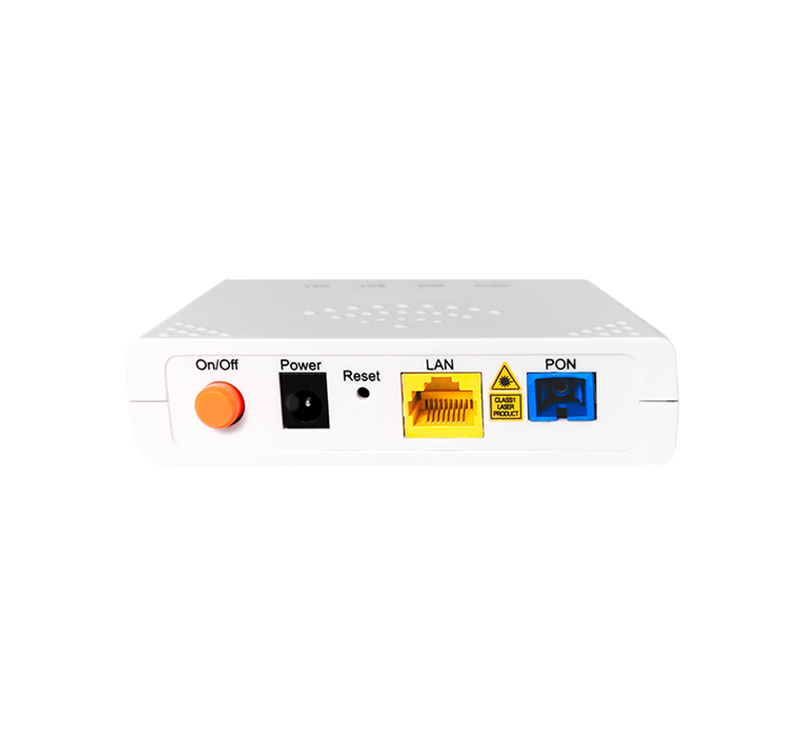The loose tube of the outdoor optical cable contains ointment, which plays the role of waterproofing and protecting the optical fiber. When GYTA optical cable is used for vertical wiring, after several years, the grease in the optical cable will drip due to gravity, and the attenuation will increase after the optical fiber loses its protection, which will affect the life of the optical fiber. At the same time, the ointment dripped from the optical cable accumulates in the optical fiber distribution box, mixed with dust, and pollutes the wiring facilities.

2. Outdoor optical cables generally have a metal armor layer. For example, GYTA optical cables have a layer of aluminum tape armor, and there is a metal reinforcement in the center. The metal parts are directly introduced into the room, which is easy to lead thunder into the room.
3. The outdoor optical cable has high hardness and is difficult to bend indoors; special tools are required to strip the outer sheath, and its metal armoring material is not easy to strip; at the same time, considering factors such as grease in the optical cable, it increases the difficulty of indoor construction.
4. The outer sheath of ordinary outdoor optical cable is generally non-flame retardant material, which cannot reach the flame retardant grade of indoor wiring, which is easy to cause fire safety hazards.
There are clear regulations on the selection of optical cables that cross into the building: "When the optical cable needs to be crossed from the outdoors into the room, the indoor and outdoor optical cables can be used to directly enter the room, or the outdoor optical cables can be used to directly enter the room in a metal pipeline with good grounding protection. , if there is no metal pipeline protection, the indoor application distance of outdoor optical cables should not exceed 15m." In actual situations, due to the high cost of metal pipelines, it is generally not used, and the indoor distance of outdoor optical cables far exceeds 15m. length.
Due to the increasing number of high-rise buildings, the consumption of indoor multi-core optical cables is also growing rapidly. If outdoor optical cables are still used for indoor vertical wiring, it will inevitably cause huge safety hazards. In recent years, the Ministry of Housing and Urban-Rural Development has continuously strengthened the residential safety regulations, and the enforcement has become stronger and stronger. The related products supporting building facilities must implement strict safety regulations. At the same time, operators have a more in-depth and thorough understanding of industry norms, and their infrastructure has been gradually standardized. More and more areas will use indoor multi-core optical cables for FTTH vertical wiring in accordance with industry standards.










